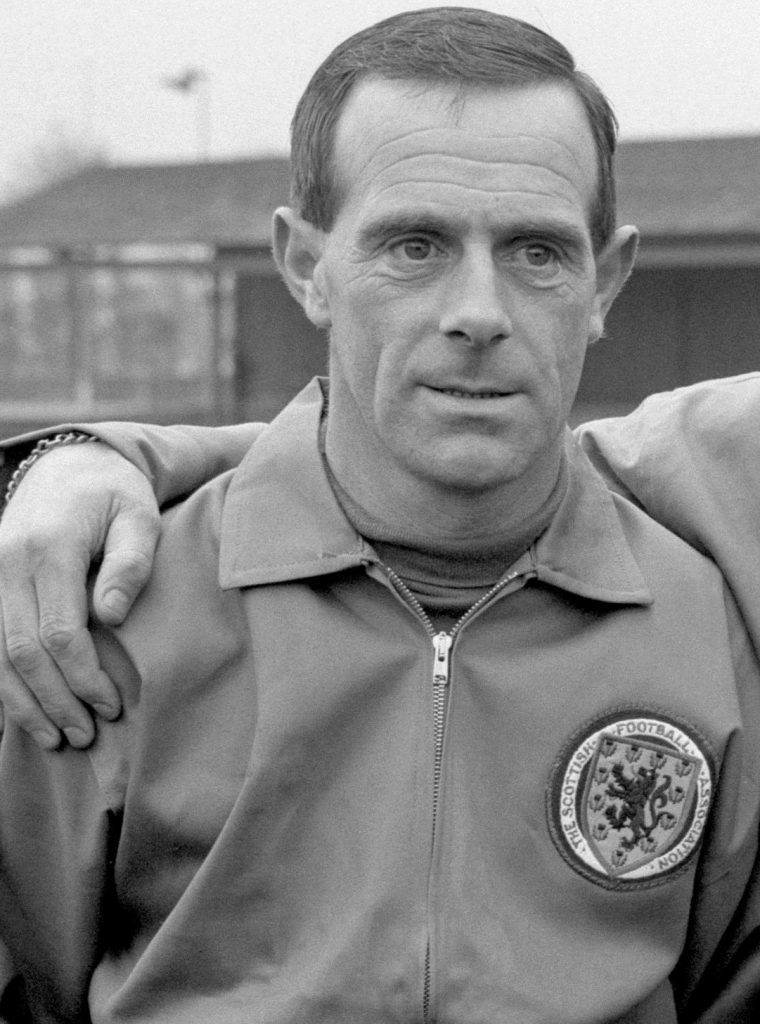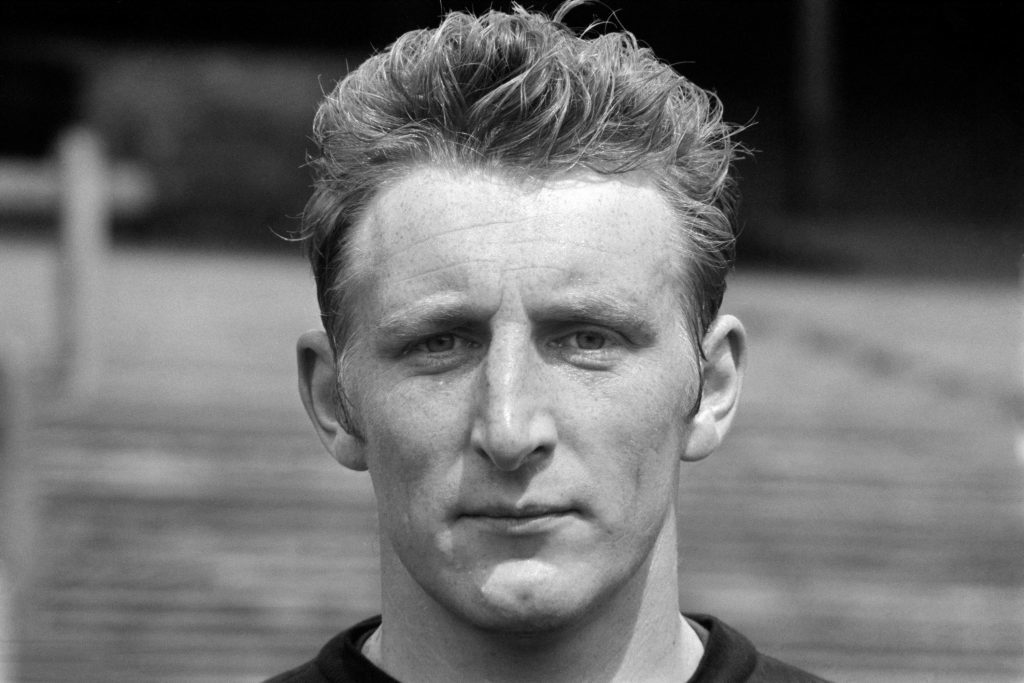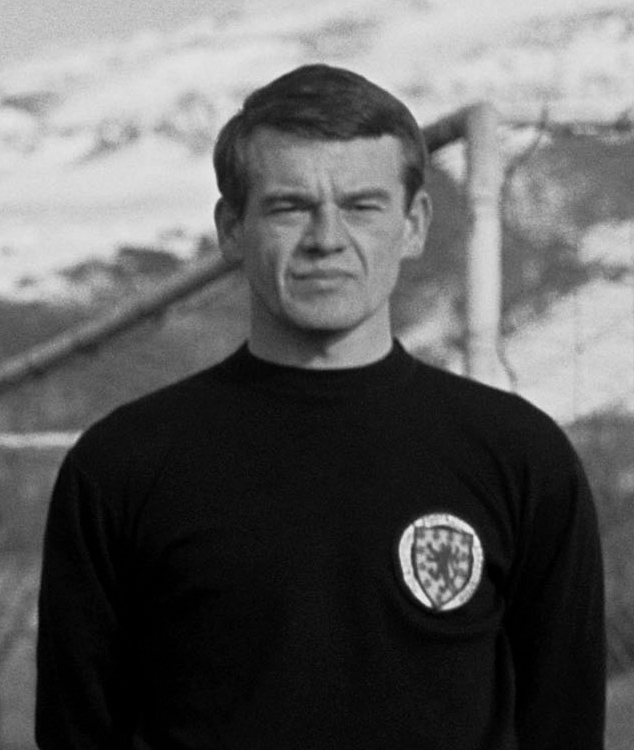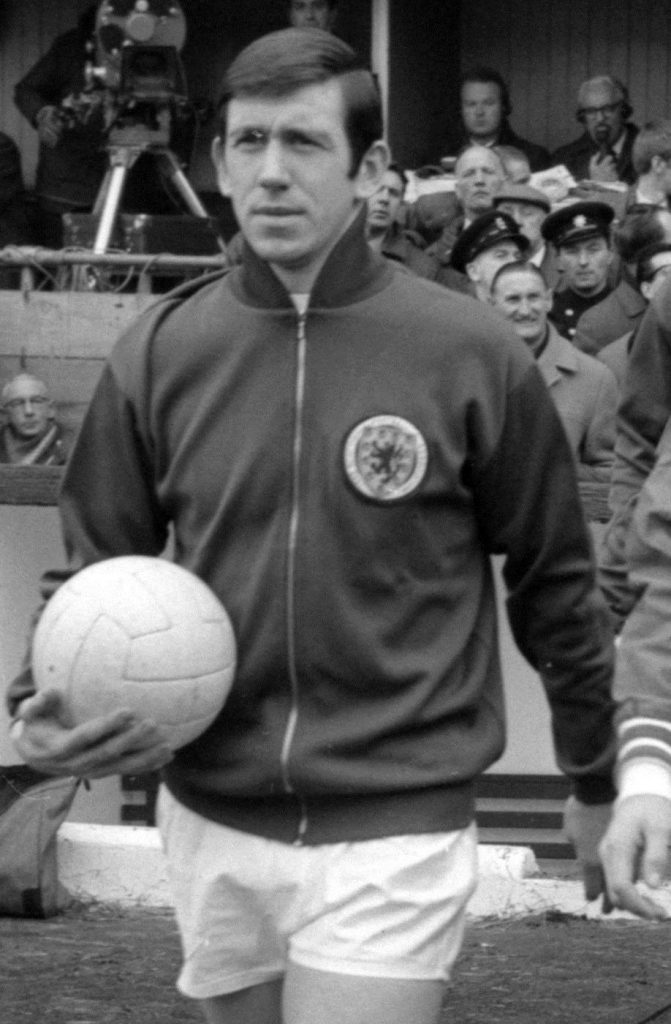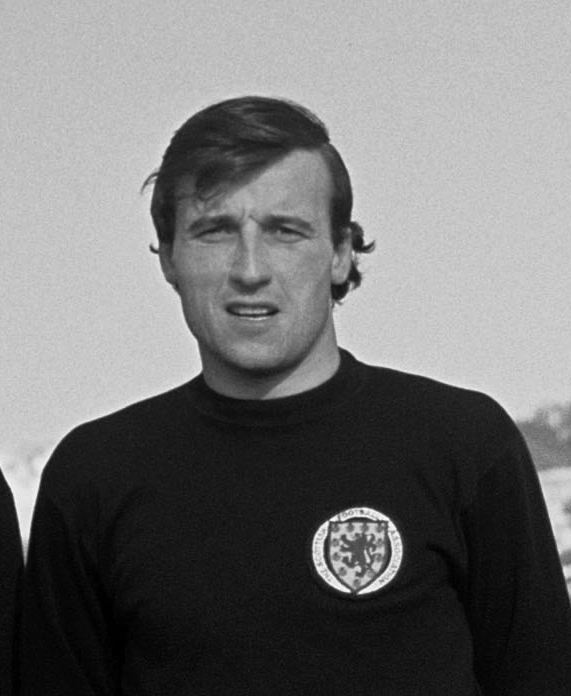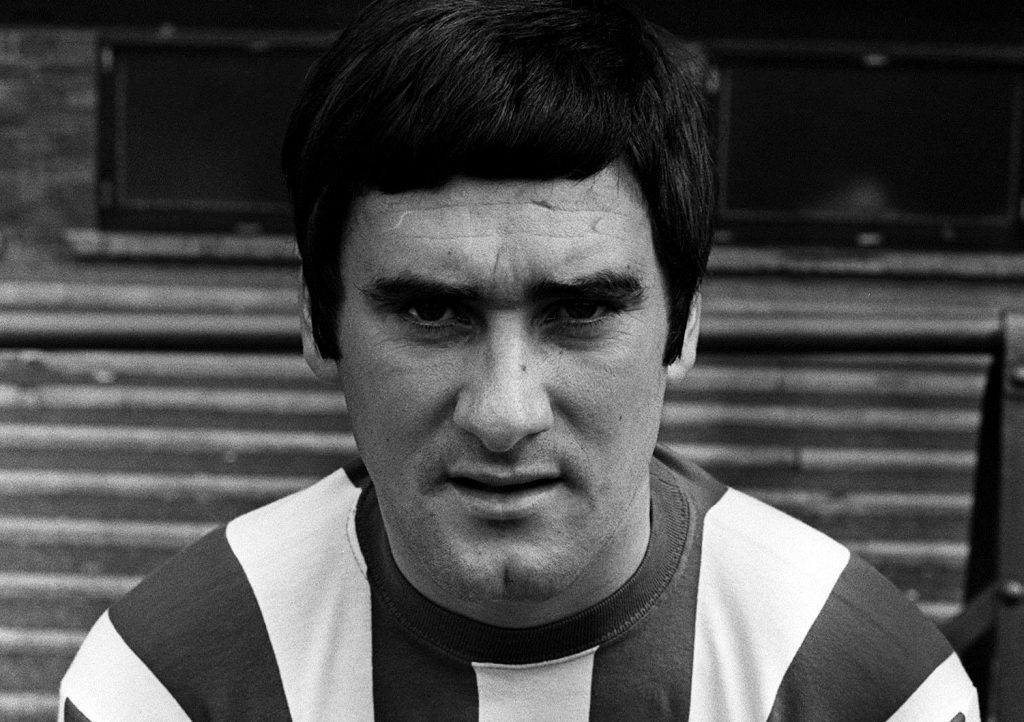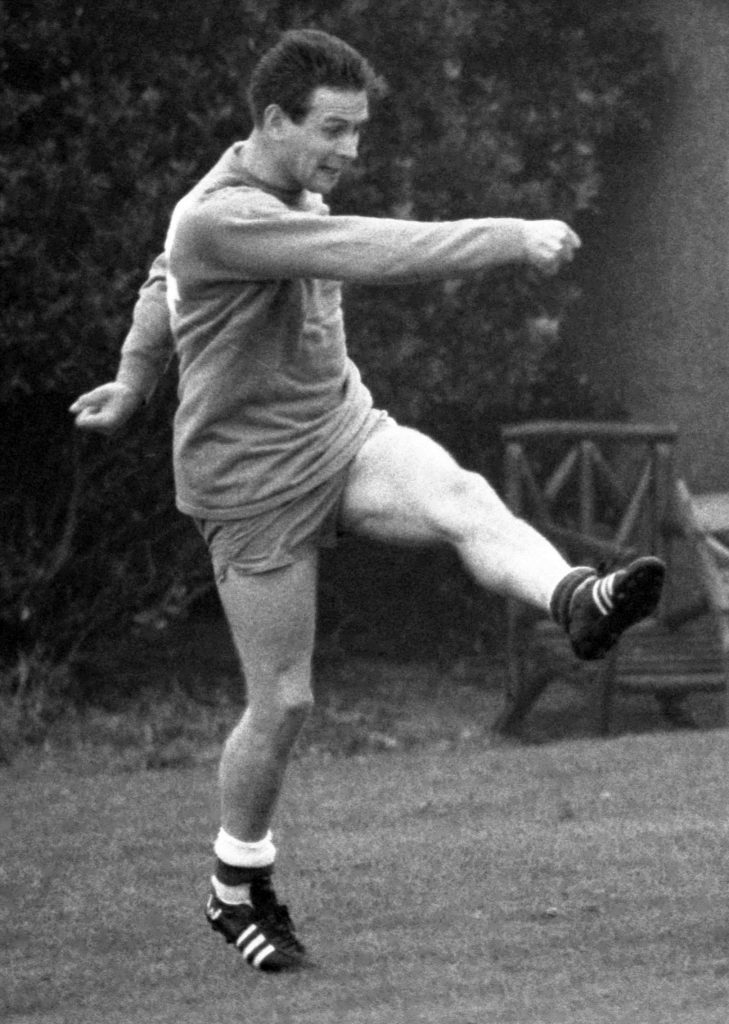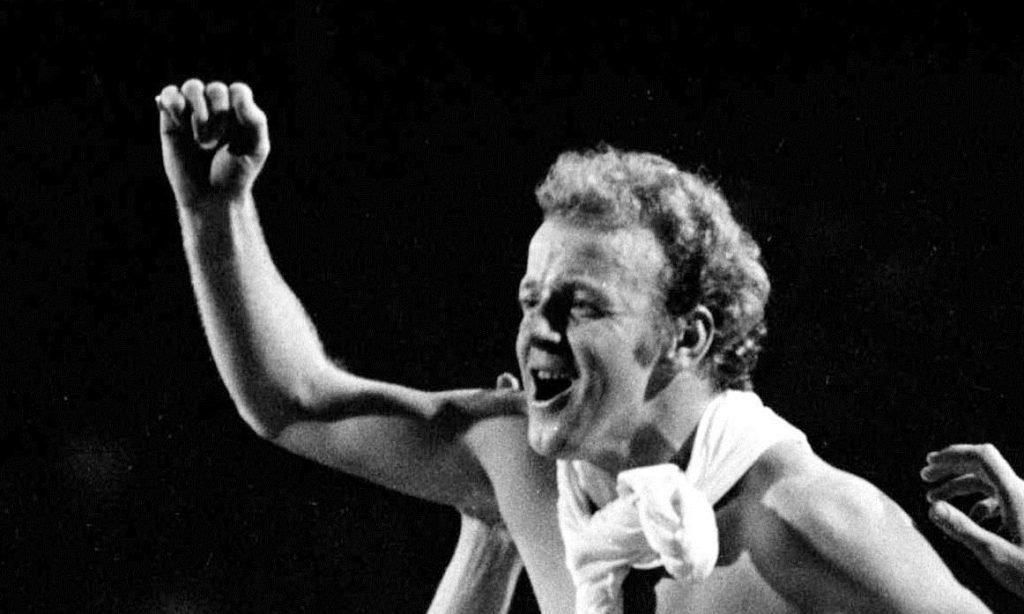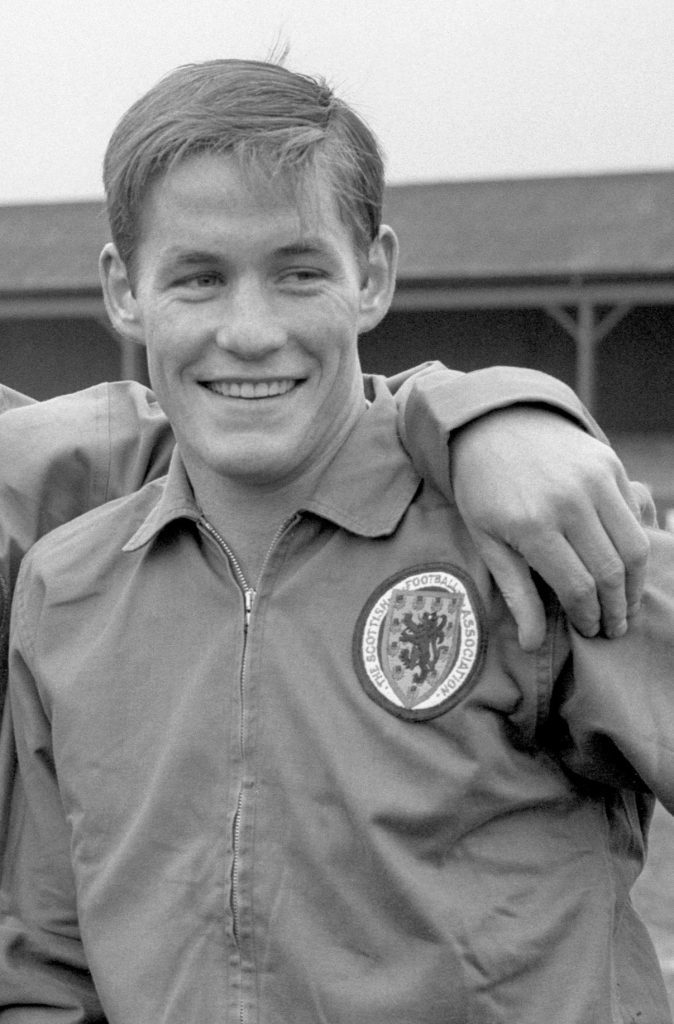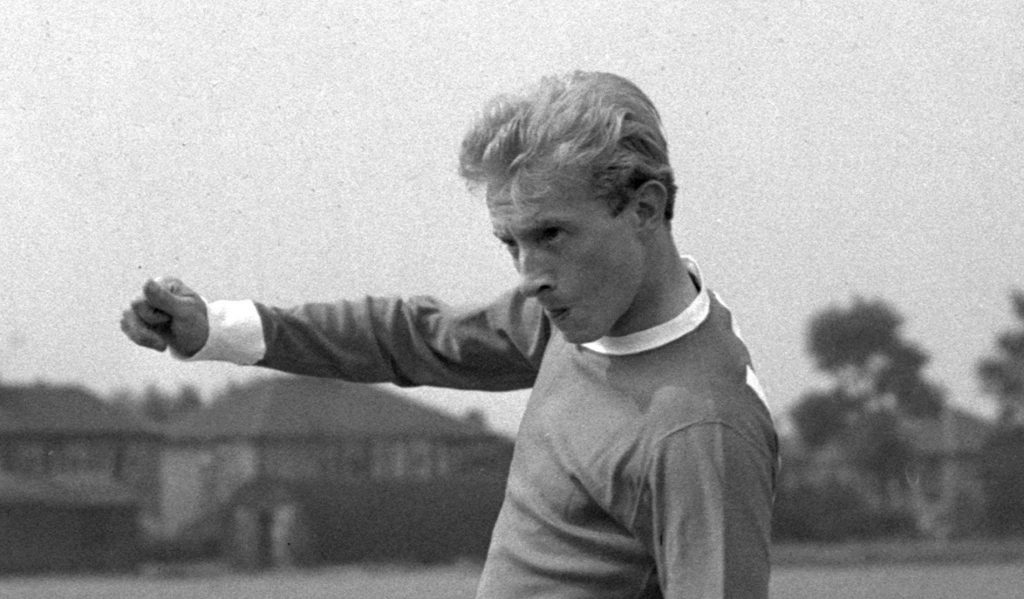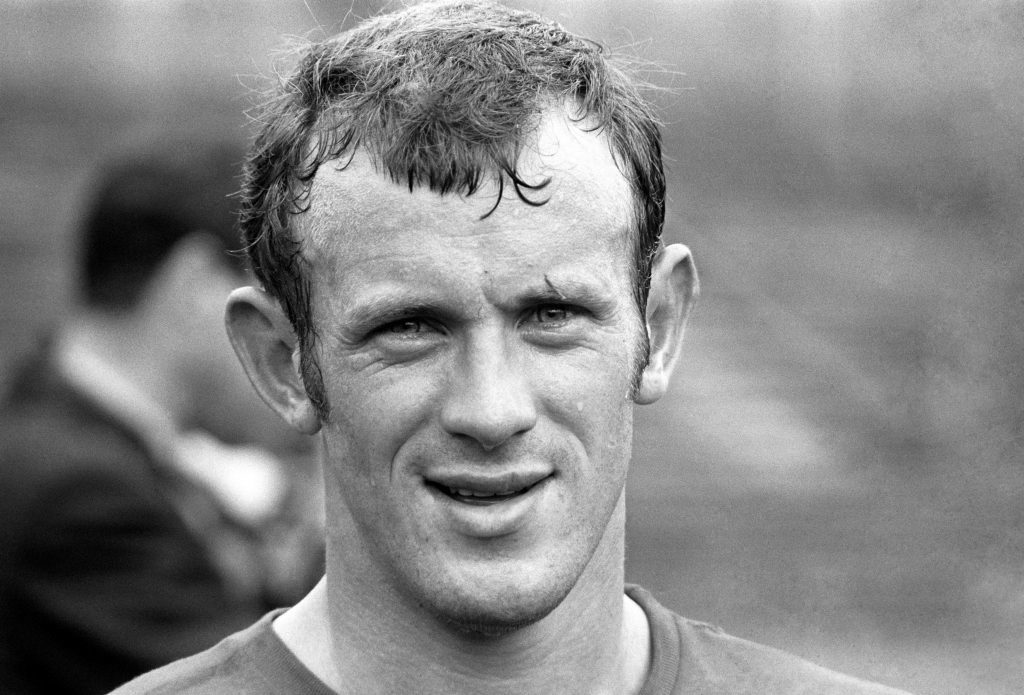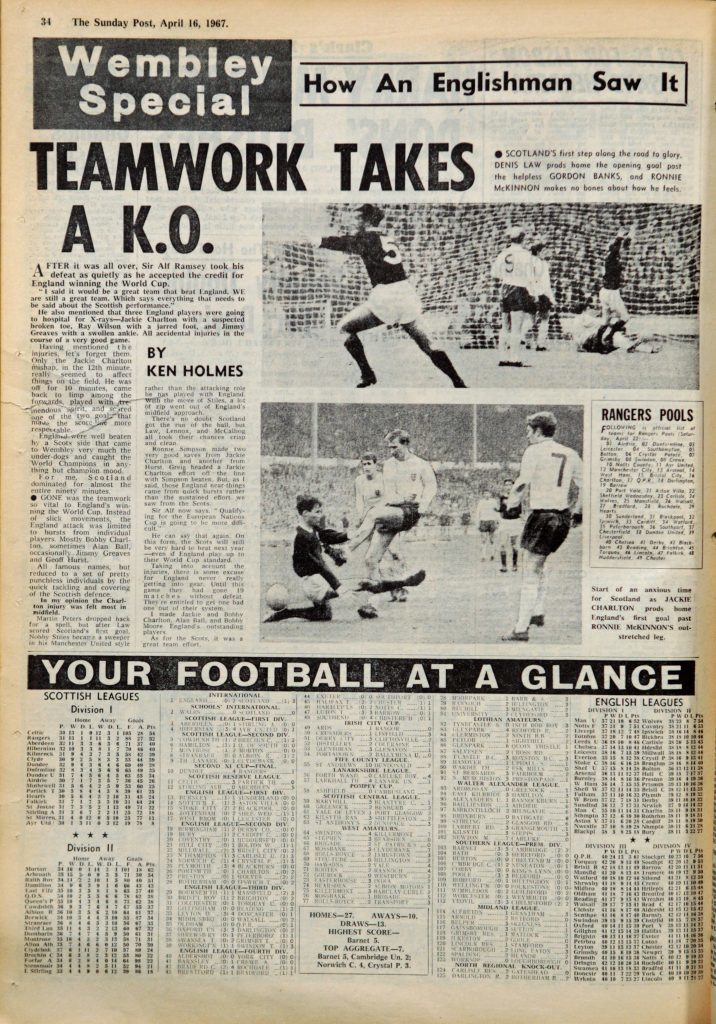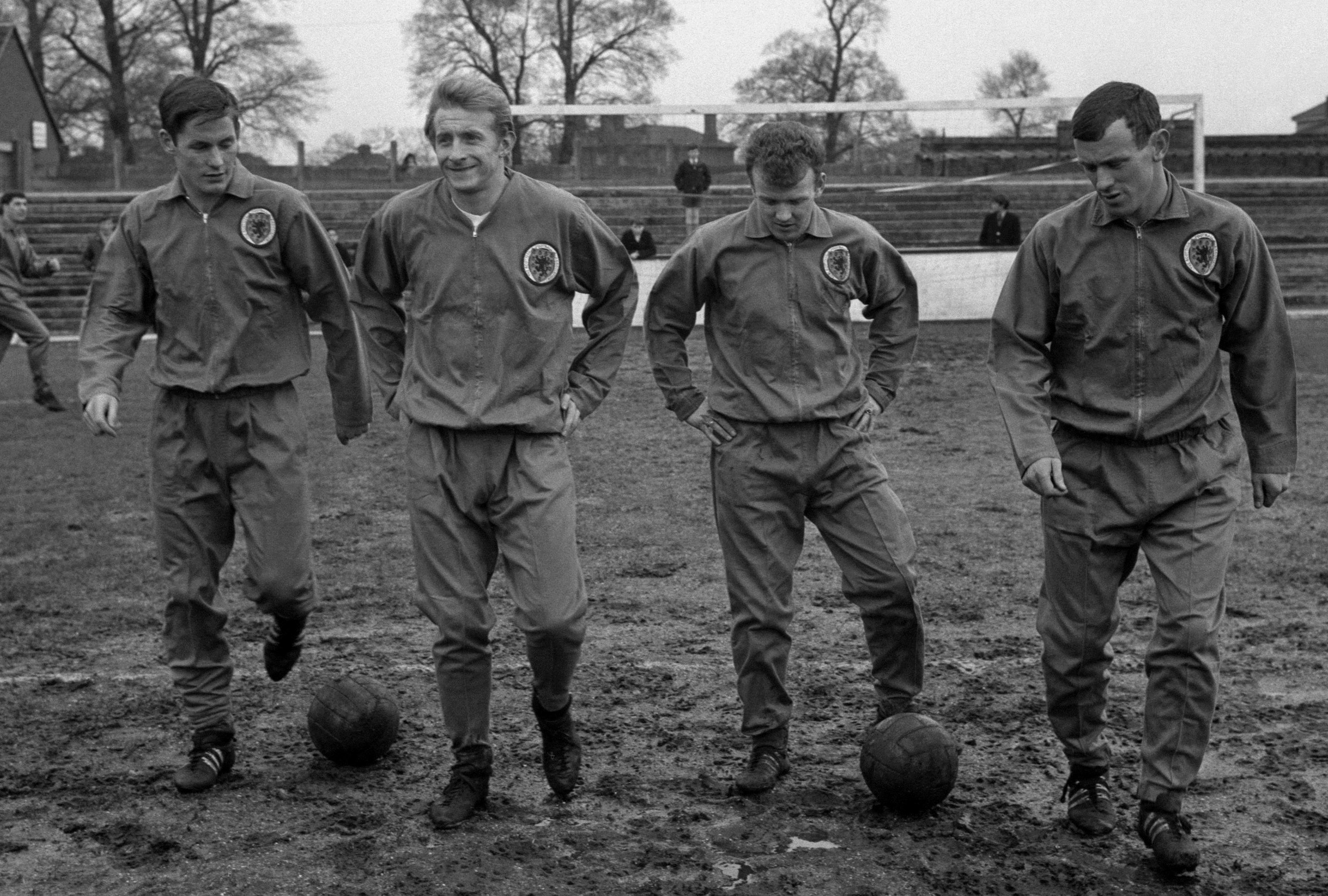
TOMORROW marks 50 years since Scotland handed England their first defeat since winning the 1966 World Cup.
The Tartan Army proclaimed their team unofficial world champions in the wake of the result, which remains among the Scots’ most cherished victories.
Here’s a look at what became of the Scotland XI from that famous 3-2 Wembley win.
RONNIE SIMPSON
The Celtic goalkeeper made his Scotland debut at Wembley at the age of 36. But he was by no means over the hill by that point and six weeks later helped Jock Stein’s Hoops become the first British team to win the European Cup. After hanging up his gloves in 1970, he had a spell as Hamilton boss and served as a local councillor in Edinburgh. Simpson died of a heart attack in 2004.
TOMMY GEMMELL
The Celtic left-back became the first British player to score in two European Cup finals after following up his 1967 Lisbon strike with another against Feyenoord three years later. After leaving Parkhead in 1971, he had spells at Nottingham Forest, Miami Toros and Dundee – who he captained to a League Cup triumph in 1974. After stints as boss at Dens Park and Albion Rovers, he moved onto a career in financial services. Gemmell died last month following a long illness.
EDDIE McCREADIE
The defender returned to Wembley a month later but this time ended up on the losing side as Tottenham beat Chelsea 2-1 in the FA Cup final, although he did taste victory three years later when the Blues overcame Leeds following a replay at Old Trafford. McCreadie, who spent two years as manager at Stamford Bridge before resigning in 1977 when his request for a company car was rejected by the board, now lives in the United States.
JOHN GREIG
There was disappointment in store for Scotland’s captain a month after leading his team to victory over England as his Rangers side lost to Bayern Munich in the Cup Winners’ Cup final, although he did lift the trophy in 1972 by beating Dynamo Moscow at the Nou Camp. The Ibrox side’s post-war appearance record-holder went on to manage the Light Blues but resigned in 1983 having failed to capture a league crown during five campaigns in charge. He was later voted the ‘Greatest Ever Ranger’ by supporters.
RONNIE McKINNON
The Rangers defender would have joined Greig in becoming a ‘Barcelona Bear’ had it not been for a leg-break suffered against Sporting Lisbon in the second round of their 1972 glory run. The injury ultimately ended his Ibrox career and he never pulled on a light blue jersey again. After three decades in South Africa, he now lives on the Isle of Lewis.
JIM BAXTER
The Sunderland playmaker’s display of keepy-uppy exhibitionism has come to symbolise Scotland’s mastery over Alf Ramsey’s world champions. But Baxter should have achieved much more with his talents. While he won three league titles and a clutch of cups during his first Rangers stint, he struggled after moving south for spells with the Black Cats and Nottingham Forest. He retired in 1970 following a brief return to Rangers, but his problems with alcoholism blighted his later years. Baxter lost his battle with cancer in 2001.
WILLIE WALLACE
Wallace had scored a brace as Celtic clinched a domestic treble with victory over Aberdeen in the Scottish Cup final the week before facing England, and was also in the Hoops’ line-up a month later as they beat Inter Milan in Lisbon to claim their place in history. He moved to Crystal Palace in 1972 and rounded off his career in Australia, where he still lives.
BILLY BREMNER
The flame-haired battler had not long assumed the Leeds captaincy when he helped take down the English. He would go onto play a key role during a golden era at Elland Road, leading United to a pair of First Division titles, two Fairs Cup triumphs as well as victories in both the FA Cup and League Cup, although there was pain when they crashed to Bayern Munich in the 1975 European Cup final. A member of both the Scottish and English halls of fame. Bremner died in 1997 following a suspected heart attack.
JIM McCALLIOG
Like Simpson, the Sheffield Wednesday midfielder was also making his debut – but was 16 years younger. It ended up being the perfect start as the youngster netted the winner. He was later part of the Manchester United squad relegated to the Second Division in 1974, but helped the Red Devils bounce back at the first attempt. After brief stints in the United States and Norway, he now runs an Ayrshire B&B.
DENIS LAW
The Manchester United striker, who opened the scoring at Wembley, helped Matt Busby’s team win the European Cup in 1968 and, alongside Kenny Dalglish, jointly holds Scotland’s scoring record with 30 goals. Since retiring in 1975 after one last season with Manchester City, Scotland’s only Ballon d’Or winner has worked in the media and for several charities.
BOBBY LENNOX
The man who put Scotland 2-0 up at Wembley was the fourth Celtic player in Bobby Brown’s line-up and another who enjoyed his career-defining moment in Lisbon. He was the last Lion to retire, playing on until he was 38. He ended his Parkhead career with 25 major honours, while his haul of 273 goals puts him second on the Hoops’ all-time scoring list. Lennox is still a familiar face at Celtic Park, where he works as a match-day host.
TOMORROW: Read a reproduction of the match report from our coverage of the game

Enjoy the convenience of having The Sunday Post delivered as a digital ePaper straight to your smartphone, tablet or computer.
Subscribe for only £5.49 a month and enjoy all the benefits of the printed paper as a digital replica.
Subscribe